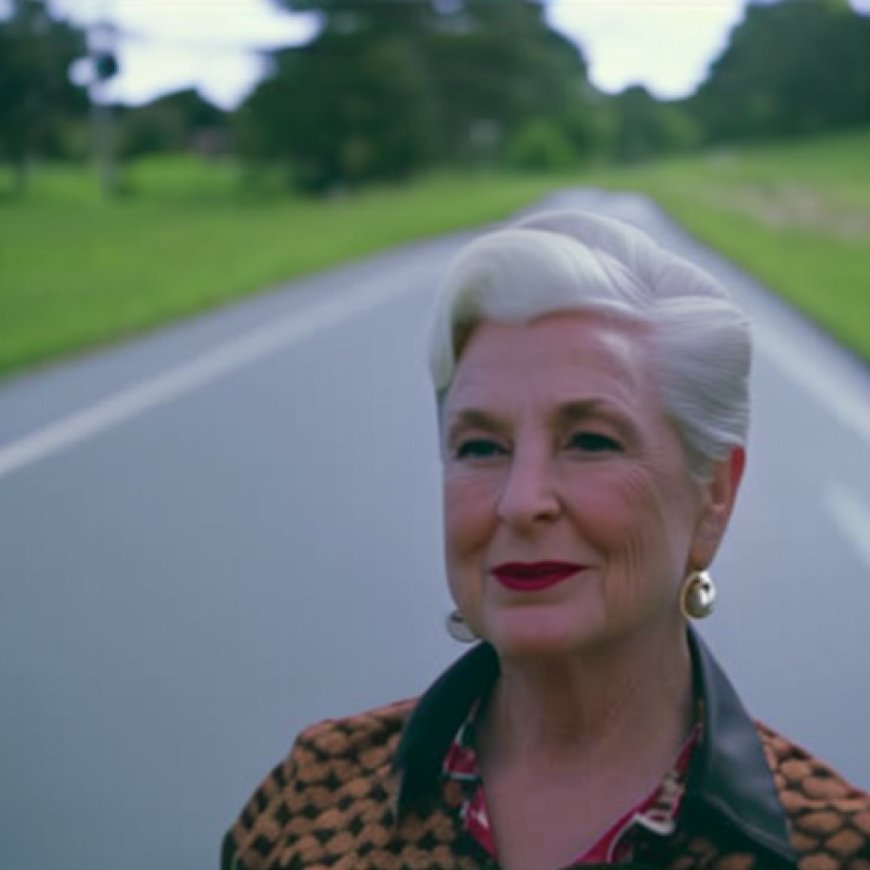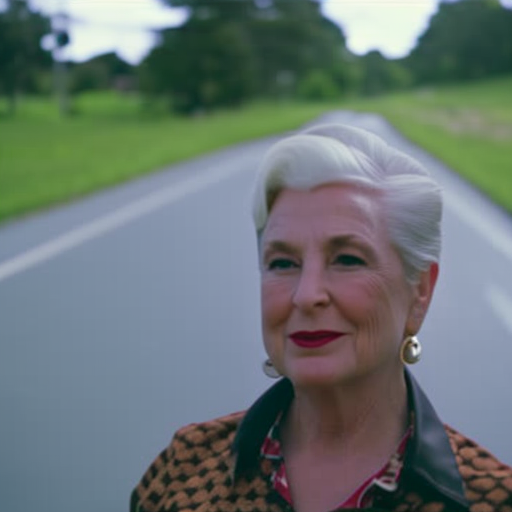Martin County votes to change controversial rural-lifestyle land use, OKs new homes
Martin County may remove more agricultural land with land-use change TCPalm


County Commissioners Approve Change in Land-Use Designation
MARTIN COUNTY — County commissioners may have reignited a controversy over potential development on the county’s western land.
Commissioners voted 3-2 Tuesday to change the “rural lifestyle” land-use designation, allowing for large-scale development such as homes and golf courses more than a mile from the urban services boundary. That change must still be approved by the state.
Commissioner Sarah Heard and Chair Harold Jenkins voted no.
“We need to do some planning,” Jenkins said at the meeting, conceding the county has not been good at planning.
Heard pointed out that no data was used nor was any analysis done before the board was presented with the proposed change.
Community Rallies Against Development on Agricultural Land
If the change was approved, she warned before the vote, “Every green lot will be available to rural lifestyle.”
Heard and Jenkins, though, were not alone in their opposition. More than two dozen people rallied outside the County Administration Building before the meeting in an effort to prevent the change that would eliminate more agricultural land in the county.
Protesters carried signs saying, “Stop overdevelopment” and “Save USB” — referring to the county urban services boundary, where utilities such water and sewers are extended.
Threatening the ‘Martin County Difference’
The proposed amendment was “the most direct threat to the ‘Martin County difference’,” said Jim Moir, executive director of the Indian Riverkeeper, a group that aims to protect and restore the Indian River Lagoon, before the meeting.
The Martin County “difference” includes not only a cap on building height but also a history of buying land for conservation, Moir added.
4,000-acre Development Under Consideration
Along with changing the rural-lifestyle land-use category, commissioners Tuesday approved a nearly-4,000-acre development about 6,000 feet from the urban services boundary. Jenkins and Heard again dissented.
Calusa Creek Ranch would include two 18-hole golf courses, 175 single-family homes and 24 golf cottages at SW Kanner Highway and SW Bridge Road.
Property owners Ken and Suzanne Bakst are essentially preserving the property privately, Ken Bakst said after commissioners voted.
Ninety-one percent of the 3,902-acre development would be maintained as open space, Ken Bakst said, and homes would be clustered on 250 acres. Cattle grazing would continue on more than one-third of the property, he added.
In addition, “millions if not billions” of gallons of dirty water from the C-44 canal would be kept from reaching the estuary, each year, Ken Bakst said.
The Baksts also want to eliminate the use of septic tanks on their property. Septic tanks can pollute water resources, and the couple wants to bring water and sewer service to the development.
Defending the Plan
“It seems like it could be a model” for future development, said Jensen Beach resident Terry Gibson, 50. He identified himself as a conservationist.
He disputed claims that the golf courses will pollute waterways, because sensors now direct water and fertilizer into plants on golf courses.
“It’s (the Baksts’ proposal) set a blueprint for the whole state,” said Brandon Tucker, executive director of the Florida Landowners Association, which advocates for private property rights.
Calusa Creek Ranch would generate $25 million in tax revenue to the county annually and restore more than 660 acres of wetland and native habitat, according to a website dedicated to the potential development.
Opponents Not Convinced
Yet the potential change “conflates the concept that recreational amenities” such as golf courses “have the same natural-services benefits as conservation land,” Moir said.
Opponents such as Moir argue that changing the definition of “rural lifestyle” would create more suburban areas on agricultural lands in the western part of Martin County. Opponents believe the change would forever alter the county’s comprehensive growth plan and development patterns.
That, they argue, would take the county one step closer to the kind of development seen in St. Lucie, Palm Beach and Broward counties.
Rural Lifestyle Has Had its Share of Controversy
The rural-lifestyle land-use category was subject to controversy when it was first adopted by county commissioners less than 15 months ago.
That adoption prompted a lawsuit, and an administrative law judge rejected Martin County’s decision. That ruling, however, was overturned by the state Administration Commission, which consists of Gov. Ron DeSantis and cabinet members.
Keith Burbank is TCPalm’s watchdog reporter covering Martin County. He can be reached at keith.burbank@tcpalm.com.

Join us, as fellow seekers of change, on a transformative journey at https://sdgtalks.ai/welcome, where you can become a member and actively contribute to shaping a brighter future.







